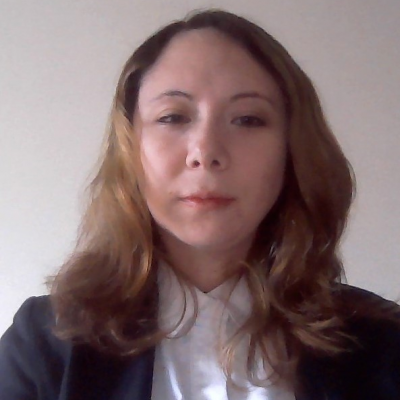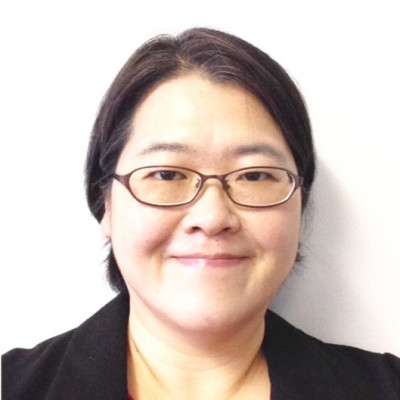Sessions / Forum
Tokyo JALT Forum #4457
This forum brings together three presenters exploring the intersection of language learning and technology, each offering unique insights into how digital tools can support learner engagement, autonomy, and innovation. Nicolas Vassilenko investigates how game-based environments leveraging fictional languages can simulate immersive acquisition experiences. Asad Delawalla presents findings from a qualitative study on students' perspectives and ethical concerns surrounding AI in second language writing. Sarah Deutchman will share how MiroBoard can be used for students to consolidate their knowledge at the end of a lesson and ask questions in a low-stress environment. Together, these talks offer a thought-provoking look at how technology continues to reshape language education.
Learner Development SIG Forum: Feedback and Autonomy #4429
The three presentations in this Learner Development SIG forum will explore how technology can be used to both give feedback and also support the self-directed development of students’ language learning skills. In the first presentation, Katherine Song focuses on providing EFL students with feedback on their speech output through computer-generated transcripts of their audio or video recordings. By uploading their speeches to the learning management system (Microsoft Teams), transcripts are generated rapidly, accompanied by worksheets to guide self-evaluation and improvement plans. The presenter would appreciate an opportunity to share how this technology has been valued by the students in her Japanese university EFL classes. The second presentation, by Blair Barr, reviews student appreciation of the feedback they receive from online tests as homework. However, the presentation highlights the advantages of distributing online tests through a school’s learning management system rather than with external platforms like Google Forms. Students are significantly more likely to complete tests accessed through the school's system, suggesting that ease of access is a crucial motivator for many Japanese EFL students. Despite challenges of deadlines and question formats, the students indeed recognize the benefits of the feedback provided. In the third presentation, James Underwood introduces a classroom-based Self-Directed Learning (SDL) course supported by a website that is used in place of a Self-Access Learning Centre. Students choose a language skill, set SMART goals, follow a four-week learning plan, and track their progress using shared Google Docs with teacher feedback. All presentations underscore technology's role in empowering students with accessible tools for self-improvement and learning efficiency.




